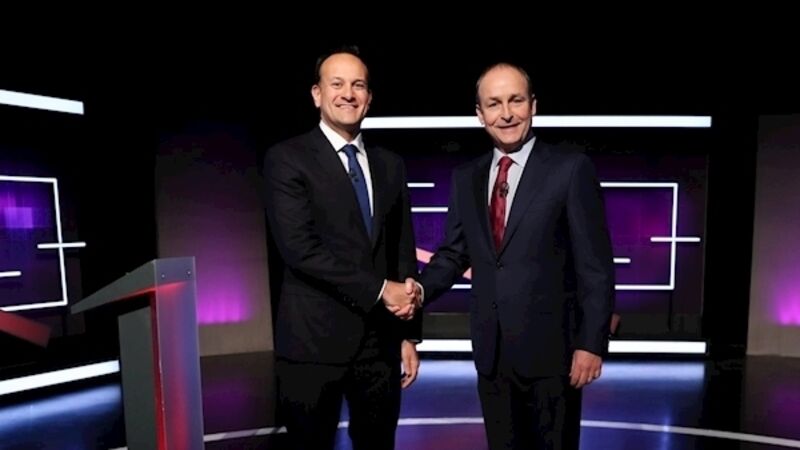Fergus Finlay: What are the government parties planning under cover of the virus?

We’ve all been so preoccupied with the coronavirus pandemic and how it has shut down our daily lives that we’ve forgotten that the political system is derelict. It’s like they’re hiding behind the virus, afraid to come out, writes
How have we let them get away with it for this long?














